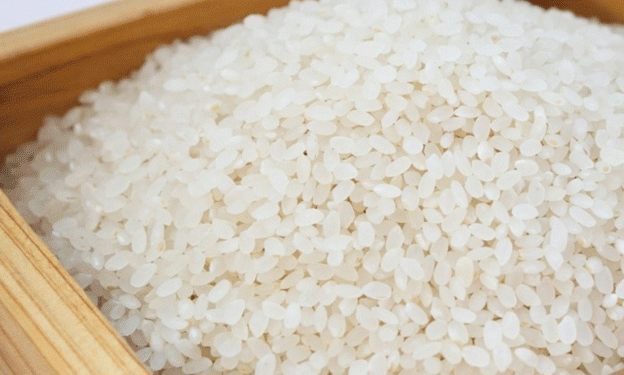The Krasnodar region, one of Russia’s most significant rice-producing areas, has officially begun its annual rice harvest across all eight municipalities involved in rice cultivation. This year, 117,400 hectares of rice were sown — an increase of 7,500 hectares compared to 2023. Early data from the fields indicates a starting yield of 67 centners per hectare (c/ha), surpassing the average yield of 65.7 c/ha achieved last year.
Expanded Cultivation and Favorable Conditions
The increase in rice planting this year is partly driven by the region’s stable supply of water resources and favorable weather conditions throughout the growing season. According to Fedor Dereka, Minister of Agriculture and Processing Industry of Krasnodar, “We exclusively use domestic rice seeds from the Federal Rice Research Center (FRC). The availability of water and the favorable weather give us confidence that this year’s harvest will be at least on par with last year’s.”
In 2023, the total rice harvest in the region amounted to 714,800 tons, and this year’s increase in sown area suggests a potential rise in total production. The region’s robust preparation for the harvesting campaign, including the deployment of over 730 combine harvesters, sets the stage for a productive season. Additionally, three major rice elevators — Angelinsky, Poltavsky, and Starovelichkovsky — are equipped to store and process up to 15,000 tons of raw rice per day, ensuring efficient handling of the harvest.
Focus on Domestic Seeds and Infrastructure
Krasnodar’s rice farmers continue to prioritize the use of domestically developed rice seeds, primarily supplied by the FRC. This focus on domestic breeding supports resilience against external supply chain disruptions and strengthens the region’s agricultural autonomy. Additionally, major players such as “AFG National Agro,” “RPZ Krasnoarmeysky,” and “Agrofirma Privolye” lead rice production in the region, contributing to the high output and quality of the crop.
Strategic Plans for Increased Production
Russia’s Ministry of Agriculture has ambitious plans to increase the country’s total rice production from the current 1-1.2 million tons to 2 million tons in the coming years. Andrey Razin, Deputy Minister of Agriculture, noted during the Eastern Economic Forum that rice holds significant export potential. Although rice exports are currently prohibited due to supply concerns following the 2022 Fedorovsky hydroelectric plant accident, Russia is positioning itself to expand its presence in global markets once conditions stabilize.
Razin explained, “Rice is a promising export crop. Many traditional exporters have recently restricted rice exports, which presents us with an opportunity to strengthen our position in foreign markets.” The export ban, initially enacted in July 2022 due to reduced rice plantings after the accident, has since been extended multiple times to safeguard domestic supplies.
The rice harvest in Krasnodar is off to a strong start, with higher yields and an increased planting area reflecting the region’s growing importance in Russia’s agricultural landscape. The use of domestic seeds, improved infrastructure, and strategic focus on expanding production are positioning Krasnodar as a key player in both domestic and future global rice markets. With continued investment in rice cultivation and processing, the region is well on its way to meeting Russia’s ambitious production goals.
Error




